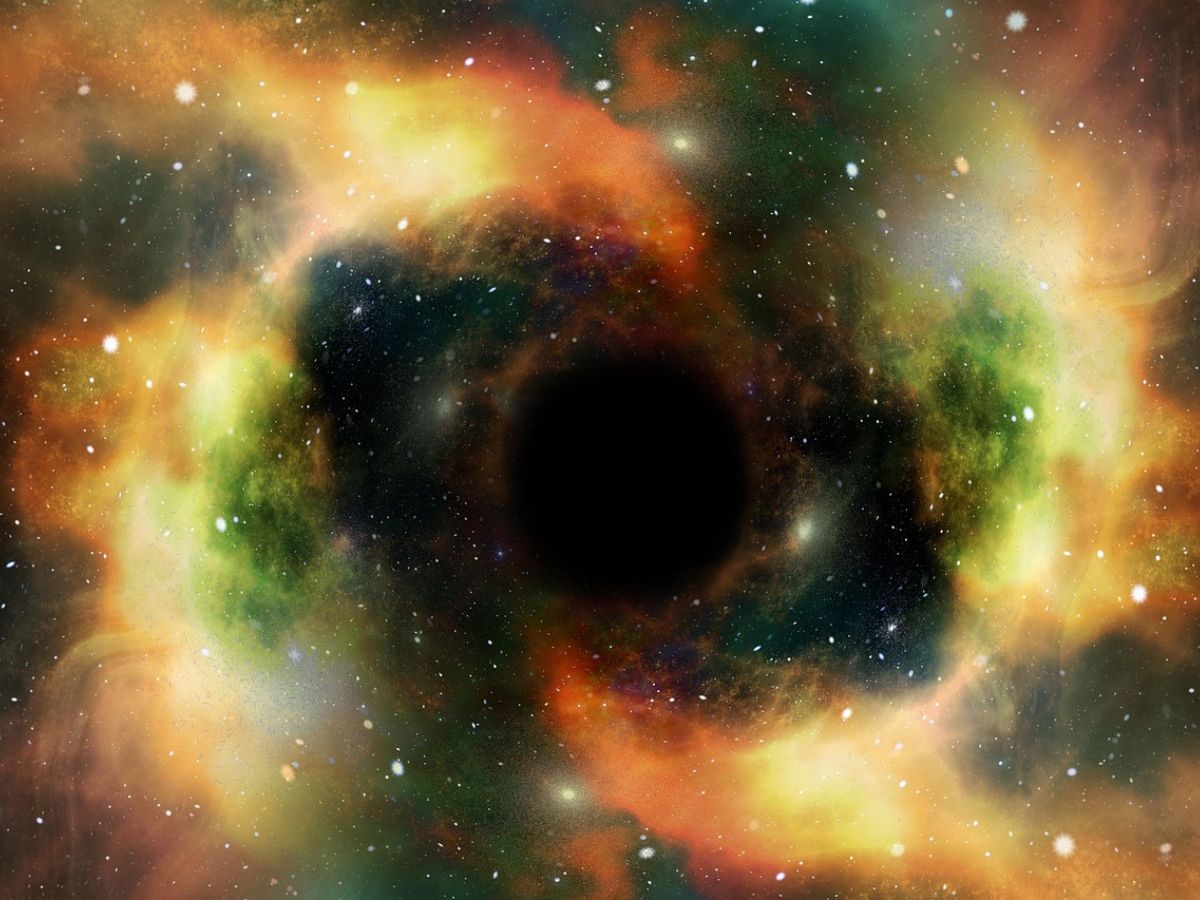The universe is a vast place in which many cosmic events occur regularly. And in less than ten years, we could see the explosion of a black hole, which would be a world first.
It is important to note that black holes are mysterious structures in space, with unique behaviors and unmatched gravitational force. And although Stephen Hawking believed that they would disappear, no one expected it to happen so quickly.
Indeed, previous studies estimated that this type of event only occurred every 100,000 years. But according to a recent study conducted by Aidan Symons from the University of Massachusetts and a team of researchers, this could happen in less than ten years, in 2034.
Unstable and dangerous black holes
The black holes involved in this study are not the ones we might imagine. These are structures that, in theory, formed one second after the Big Bang and are much lighter, which makes them very unstable.
Indeed, the smaller a black hole is, the hotter it becomes and the more particles it emits. And after a certain amount of time, this evaporation causes a powerful explosion.
Thus, if the next black hole explosion occurs in ten years, it will be possible to observe it in real time thanks to the many telescopes located on Earth and in space. And it will certainly be the most violent spectacle ever seen by humans, being much more powerful than a supernova. Not to mention that this will also be a unique moment to better understand these structures.
 Alexis Stegmann – Tech Writer – 326 articles published on Notebookcheck since 2025
Alexis Stegmann – Tech Writer – 326 articles published on Notebookcheck since 2025
I’ve been working in the field of web writing for several years, and I’m passionate about keeping readers up to date with the latest news on astronomy, technology, the world of video games and other exciting subjects. In particular, I’ve had the opportunity to work on a number of websites, which has enabled me to cover a wide range of subjects. In my personal life, I’m passionate about a wide range of subjects, including astronomy, video games, history and science. I’m also drawn to psychology, which is a subject that deserves greater documentation and recognition.

